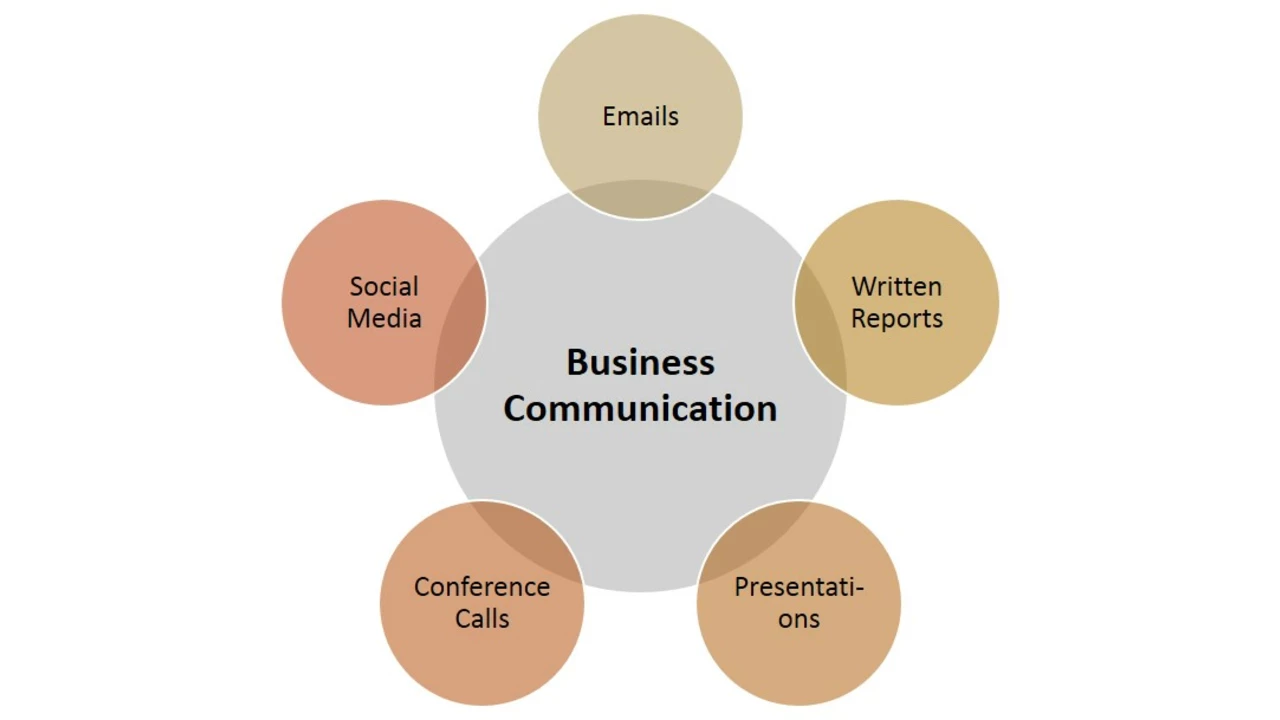When He Says Something After a Drink – What Really Matters
If you’ve ever wondered whether his late‑night confession was real or just a buzz‑induced story, you’re not alone. Alcohol has a way of pulling the mask off, but it also makes the mask stretch in strange directions. In this guide we break down why drunk talk can feel both honest and confusing, and give you easy steps to keep the drama in check.
Why Alcohol Changes the Conversation
First off, booze lowers the part of the brain that controls impulse. That means the filter that usually catches a reckless comment disappears. The result? People may spill thoughts they usually keep hidden. At the same time, alcohol can blur memory, so the same person might later forget what they said or recall it differently. This mix of unfiltered honesty and fuzzy recall creates the classic “did he really mean that?” dilemma.
Science backs this up: studies show that a blood alcohol level of 0.08% can reduce the ability to evaluate truthfulness by about 30%. In plain terms, the more he drinks, the more his brain treats every word like a free‑fall. That’s why you’ll hear both heartfelt confessions and wild exaggerations in the same conversation.
How to Handle the Truths and Lies
Here’s a quick three‑step plan you can use the next time he opens up while tipsy. Step one – listen without jumping to conclusions. Make a mental note of what was said but hold judgment until the morning comes. Step two – check the facts. If he mentions something specific (like a past event or a promise), look for evidence later when both of you are sober.
Step three – talk it out. Bring up the topic when you’re both clear‑headed. Use simple language: “When you said X last night, I felt Y. Can we talk about what you really meant?” This approach avoids blame and gives him a chance to clarify.
Another useful tip is to set a personal rule for yourself: treat anything said under the influence as a draft, not a final statement. That mindset reduces the stress of trying to decode every slurred sentence and lets you focus on the bigger picture of the relationship.
Remember, not every drunk remark is a red flag. Sometimes a glass of wine unlocks a genuine feeling that was hard to voice otherwise. The key is distinguishing between a moment of vulnerability and a story that changes every time it’s told.
In practice, you might notice patterns. Does he only open up after a certain number of drinks? Does he repeat the same confession night after night? Spotting a pattern helps you decide whether the comment is a one‑off or a recurring theme that needs deeper conversation.
Finally, keep the tone light. If you approach the topic with humor and curiosity, the conversation stays productive and doesn’t turn into a blame game. A simple “Hey, you sounded different last night – what’s up?” can open doors without making him feel attacked.
Whether you’re just dating or have been together for years, understanding the role of alcohol in communication can save you a lot of guesswork. Use these steps, stay calm, and you’ll find a clearer path through the noisy swirl of drunk words.
In my latest blog post, I dive into the age-old question, "Does he mean what he says when he's drinking?" After examining both scientific and anecdotal evidence, it seems that alcohol can both reveal hidden truths and conjure outright fabrications. Some believe booze lowers inhibitions, making people more likely to speak their minds, yet others argue it might just loosen tongues to spin tales. It seems the truths, half-truths, and total lies are all mixed in the cocktail of alcohol-induced conversations. Therefore, it's advisable not to take everything said under the influence at face value.
